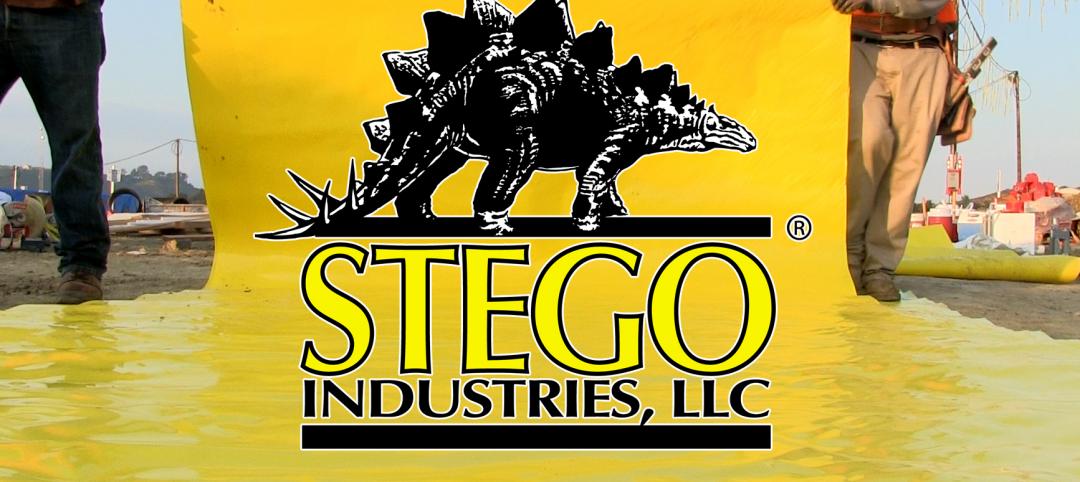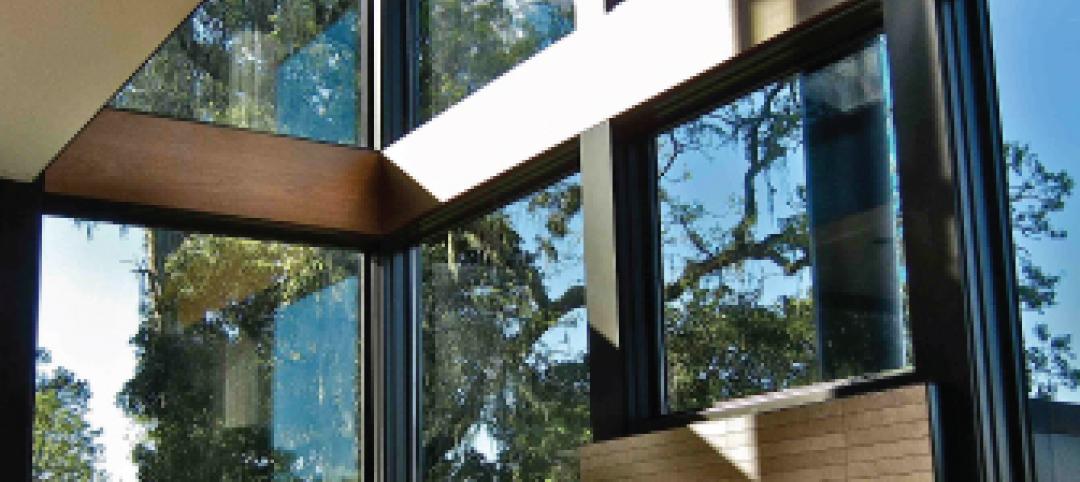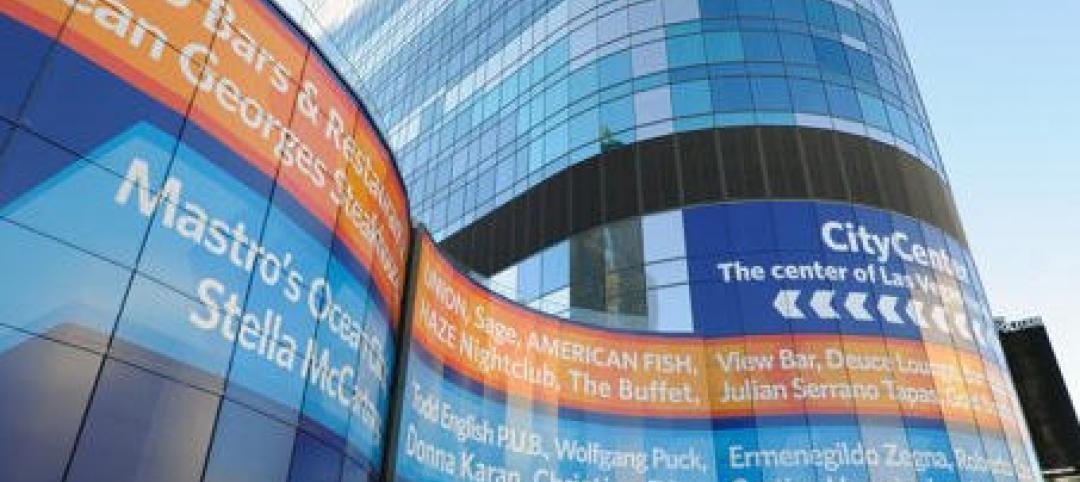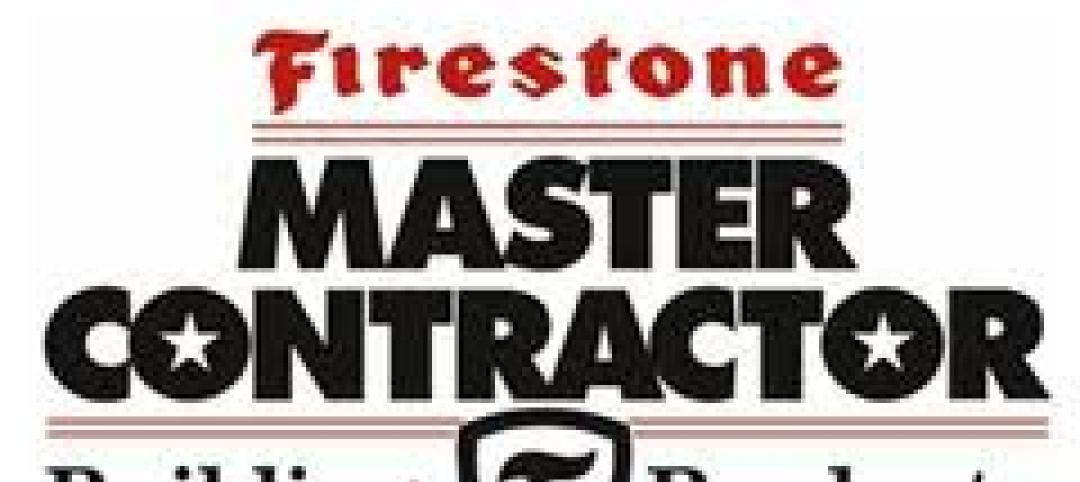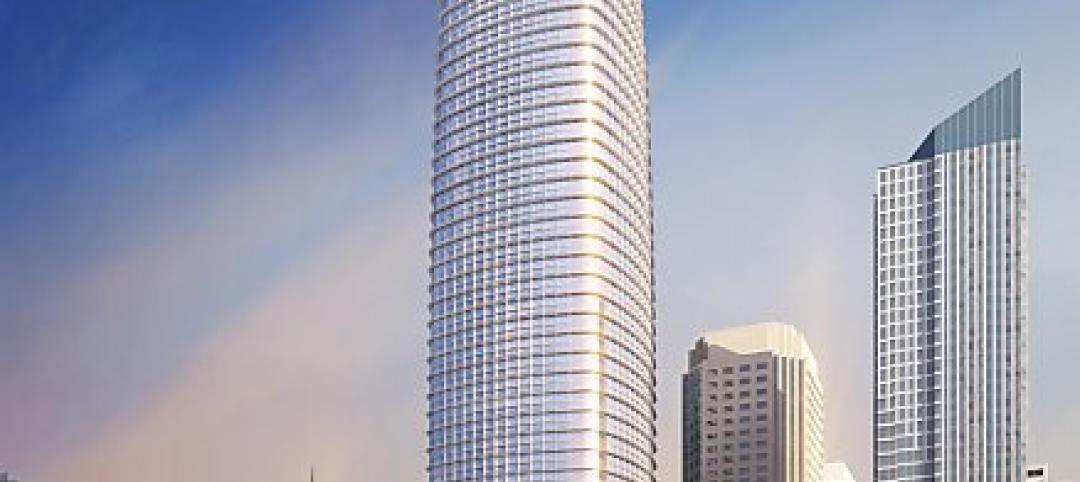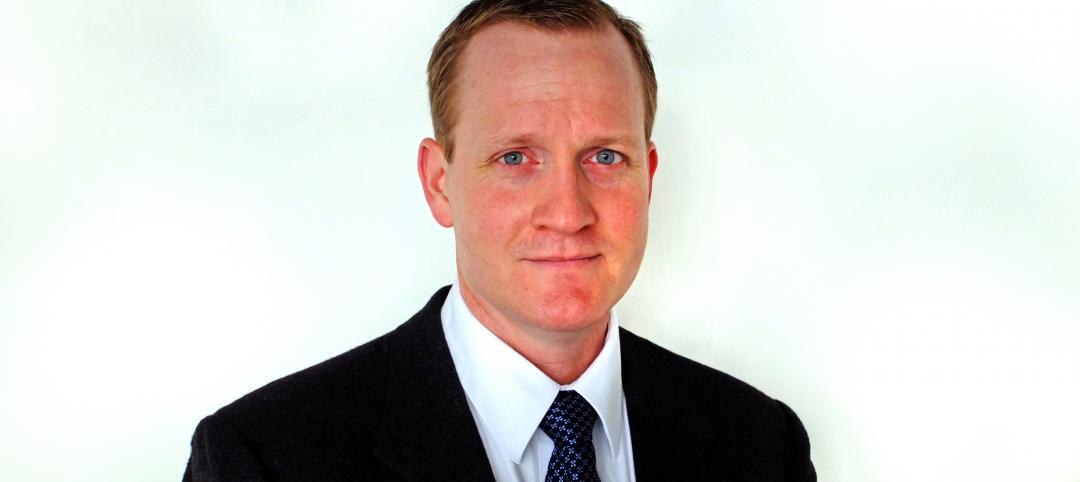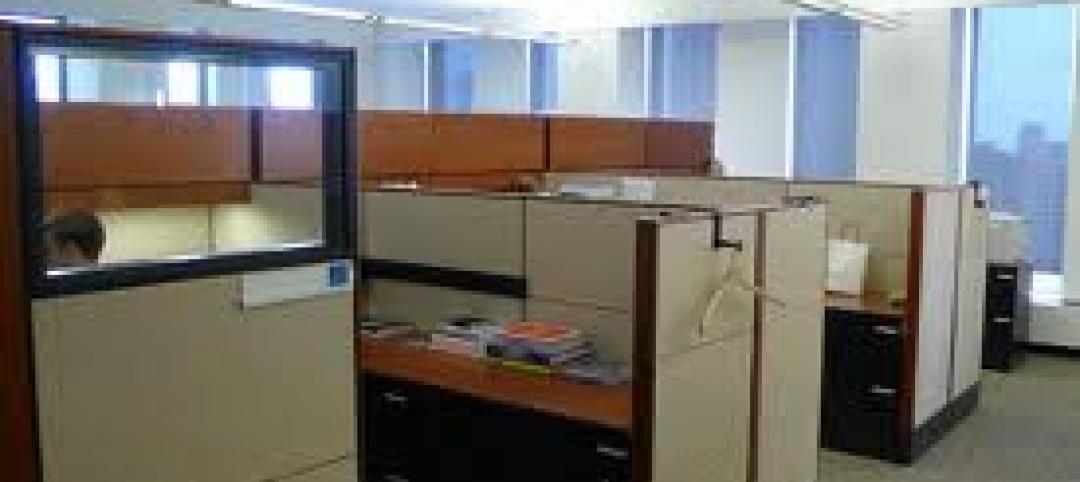The enthusiasm that surged through the U.S. engineering industry following the election of Donald Trump has moderated, according the latest survey of engineering firm leaders by the American Council of Engineering Companies (ACEC).
The first quarter 2017 (Q1/17) of ACEC’s Engineering Business Index (EBI) dipped slightly (0.5 points) to 66.0. The decline is minimal and the score remains decidedly positive, but is in contrast to the 4th quarter 2016 EBI in which, fueled by Trump’s promises of lower taxes, infrastructure investment, and regulatory reform, the score jumped 5.1 points—the largest quarterly increase in the survey’s three-year history.
Now however, with the Administration slow to implement any of these polices, engineering firm leader confidence seems to have plateaued.
The EBI is a leading indicator of America’s economic health based on the business performance and projections of U.S. engineering firms that develop the nation’s transportation, water, energy and industrial infrastructure. The EBI is a diffusion index. The index mean is 50, with scores above 50 indicating business expansion, and scores below 50 indicating contraction. The Q1/17 survey was conducted March 23 to April 24 of 378 U.S. engineering firm leaders.
When comparing today’s market conditions to six months ago, the EBI score climbed 3.2 point to 66.8; while current backlog compared to six months ago was up a strong 5.1 points to 67.1. Additionally, short-term (six-month) expectations for profitability increased 3.5 points to 72.5 points.
Other EBI results however, clearly reflect engineering leader marketplace ambiguity. Market expectations for one year from today fell 2.6 points to 69.5; profitability expectations for the same period were flat (72.9); but looking out three years, expectations fell 2.4 points, and anticipated backlog fell 1.1 points to 70.4.
Concerns about long-term marketplace health resulted in significant declines in nine of the 12 primary public and private sector engineering markets.
For more information about the Q1/17 EBI, go to www.acec.org.
Related Stories
| Mar 16, 2012
Stego embarks on HPD Pilot Program
Vapor barrier manufacturer strives to provide better green choices to designers and builders.
| Mar 16, 2012
Marvin Windows and Doors accepting entries for fourth-annual myMarvin Architect’s Challenge
Architects in U.S. and abroad offered the chance to showcase their very best work.
| Mar 14, 2012
Hearing to decide fate of unfinished Harmon in Las Vegas under way
The testimony began with CityCenter consulting engineer Chukwuma Ekwueme methodically showing photo after photo of parts of the Harmon, where he and his team had chipped away the concrete pillars and beams to examine the steel reinforcing bars inside.
| Mar 14, 2012
Firestone names 2012 Master Contractor Award Winners
Annual award acknowledges industry’s top roofing professionals.
| Mar 14, 2012
Plans for San Francisco's tallest building revamped
The glassy white high-rise would be 60 stories and 1,070 feet tall with an entrance at First and Mission streets.
| Mar 14, 2012
Hyatt joins Thornton Tomasetti as VP in Chicago
A forensic specialist, Hyatt has more than 10 years of experience performing investigations of structural failures throughout the U.S.
| Mar 14, 2012
Tsoi/Kobus and Centerbrook to design Jackson Laboratory facility in Farmington, Conn.
Building will house research into personalized, gene-based cancer screening and treatment.
| Mar 13, 2012
China's high-speed building boom
A 30-story hotel in Changsha went up in two weeks. Some question the safety in that, but the builder defends its methods.
| Mar 13, 2012
Commercial glazer Harmon expanding into Texas
Company expanding into the Texas market with a new office in Dallas and a satellite facility in Austin.
| Mar 13, 2012
Worker office space to drop below 100-sf in five years
The average for all companies for square feet per worker in 2017 will be 151 sf, compared to 176 sf, and 225 sf in 2010.



